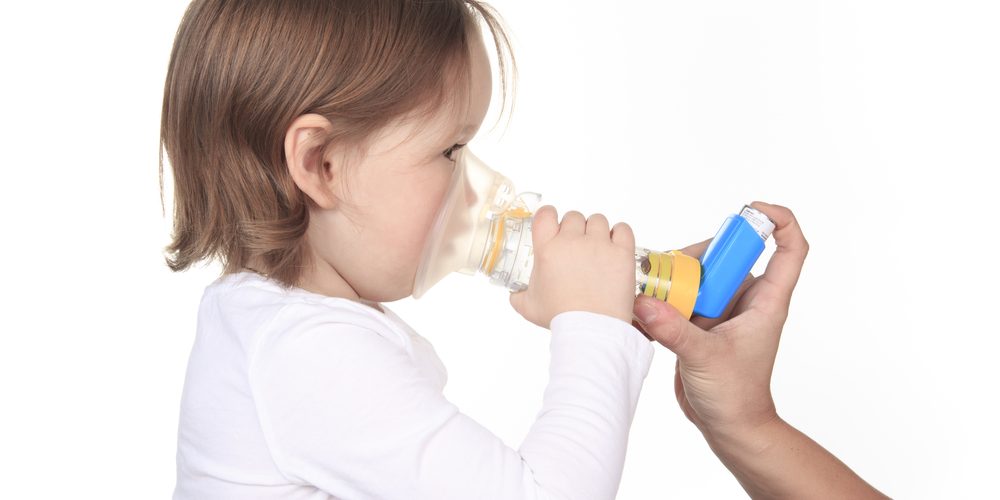
Medical devices
The products available in pharmacies range from medical devices with a low risk profile such as first aid bandages, syringes, thermometers, rubber condoms, tongue depressors, and examination gloves, to higher risk categories including products such as pregnancy related kits, blood glucose monitoring systems, chlamydia test kits, contraceptive intrauterine devices, ophthalmic irrigation solutions, dressing incorporating an antimicrobial agent, and condoms with spermicides. In addition, pharmacies traditionally prepare so called ‘custom-made’ medical devices according to a prescription to meet needs of individual patients.
PGEU broadly welcomes the Regulation on Medical Devices (Regulation (EU) 2017/745) and In Vitro medical Diagnostic Devices (Regulation (EU) 2017/746) which were adopted on 5 April 2017 and have effect from 26 May 2021 (Medical Devices) and 26 May 2022 (In Vitro Diagnostic Medical Devices).
PGEU currently monitors implementation of Regulations and in particular for the following areas:
1. Extent of the surveillance obligations placed on distributors including community pharmacies at national level;
2. Establishment of the system of traceability of medical devices and obligations for distributors. PGEU consistently advocated for compatibility of these requirements with those established by the Falsified Medicines Directive;
3. The growing tendency for some ‘borderline’ products to be classified as Medical Devices rather than medicines, and the impact of this on pharmacy practice given the surveillance and traceability obligations proposed by the Regulation.
All Policies